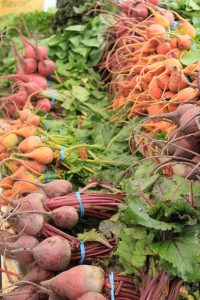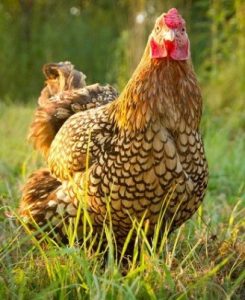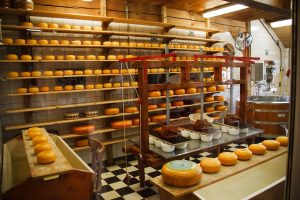Where do you begin? Baystate Organic Certifiers has compiled the following resources regarding all scopes of organic production to assist you in your next steps to becoming certified organic.
The following comprehensive fact sheets tackle high-interest topics and provide easy-to-skim resources that answer common questions from producers.
- HOW TO: Guide to Transitional Farming
- HOW TO: Checklist for Transitional Farmers
- HOW TO: Retail & Wholesale Labeling
- HOW TO: Exempt Producers
- HOW TO: Allowed Mulches including Biodegradable
- HOW TO: Buffer Zones
- HOW TO: Salt and Preservatives
- HOW TO: Cleaners and Sanitizers
- HOW TO: Nonorganic Ingredients – 5% Rule
- HOW TO: Outdoor Access
Resource development: Created in partnership with AMS.
Locating Approved Materials
Not sure what materials are prohibited or allowed for use on your crops, animals, land or around your organic products? Follow the link for allowed materials in organic crop, livestock, or processing operations: HERE.
Understanding Organic Certification
- National Organic Standards
- Strengthening Organic Enforcement
- USDA Organic Production and Handling Standards
- What is Organic Agriculture?
- USDA What is Organic Certification?
- USDA Do I Need to be Certified Organic?
- USDA Is Organic an Option for Me?
- Common Mistakes Made by Organic Certification Applicants
- VIDEO: Debunking the Myths: Finding Success in the Organic Marketplace
- VIDEO: Organic Sound and Sensible: What to Expect at an Organic Vegetable Farm Inspection
- VIDEO: Organic Sound and Sensible: What to Expect at an Organic Livestock Inspection
- Interactive: The Road to Organic Certification
- Food Safety Modernization Act Exemptions: Do You Qualify?
Crop Operation Resources
- Finding Approved Materials to Use on Farm
- Finding Organic Seeds and Seedlings
- Transitioning to Organic Crop Production
- Transitioning to Organic Vegetable Production
- ATTRA Organic Greenhouse Vegetable Production
- ATTRA Transitioning to Organic Management of Orchards
- Understanding Lot Numbering Systems
- Organic Pest Management
- Biodegradable Mulch
- Transplant Paper Pots
- Instructional: Creating a Farm Map Using Google Maps
- Organic Hemp Production Information
Livestock Operation Resources
- USDA Organic Livestock Requirements
- Transitioning to Organic Beef Production
- Organic Pig Production
- Transitioning to Organic Sheep-Goat Meat Production
- Transitioning to Organic Sheep-Goat Dairy Production
- Transitioning to Organic Dairy Production
- Organic Poultry Production: Eggs
- Organic Poultry Production: Meat
- Treatment of Sick or Injured Organic Livestock
- Dairy Production on Pasture: Introduction to Grass-Based and Seasonal Dairying
Processing Resources
- USDA Labeling Organic Products
- Sourcing Organic Ingredients for Processing
- USDA Labeling Organic Malt Beverages
- USDA Made with Organic Labeling Examples
- USDA Organic Labeling at Farmers Markets
- USDA Organic Wine Oversight, Labeling and Trade
- VIDEO: Organic Integrity in the Supply Chain
International Trade
The United States has trade arrangements with several foreign nations and regions to facilitate the exchange of organic products and provide additional market opportunities for organic producers. Consumers also benefit from a wider range of organic products year-round. Baystate Organic Certifiers is approved by the NOP to issue and manage the documents required to ship organic products from the US to foreign markets. Please see the explanations below for specific requirements based on the recipient nation or region.
Additional information on current international trade agreements can be found HERE.
- Equivalency Agreement: CANADA
- Required documentation for shipping organic products to Canada: HERE.
- Equivalency Agreement: JAPAN
- Equivalency Agreement: KOREA
- Equivalency Agreement: SWITZERLAND
- Trade Agreement: TAIWAN
- Trade Agreements: OTHER
- EU Trade and the TRACES System
For Consumers
Baystate Organic Certifiers often gets calls about packaged agricultural commodities certified by BOC that state that they are grown in a foreign country. We only certify crop production in the U.S. Therefore, for those products grown in a foreign country, we are not certifying the crop, we are certifying the packaging of the agricultural commodity in the United States. For these products, another accredited certifying agent certified the crop production aspect, and BOC verified the certification of the crop. The certifying agent for the final distributor is to be listed on the packaging. That is why frozen fruit or packed grain grown in South or Central America is listed as certified by BOC.

